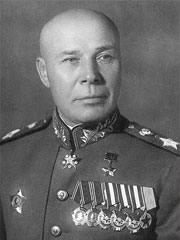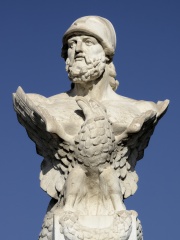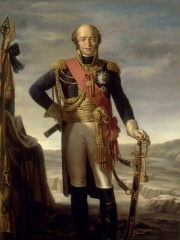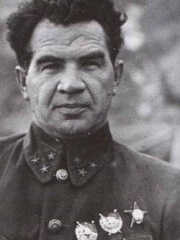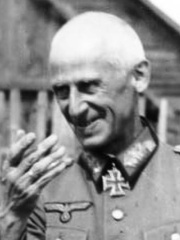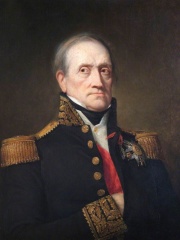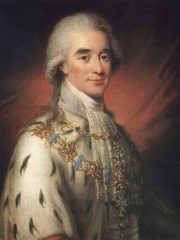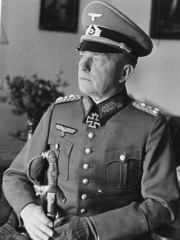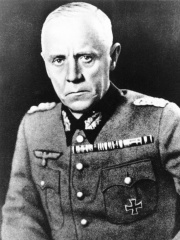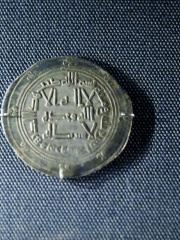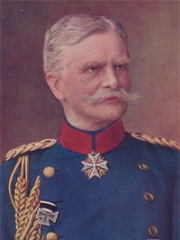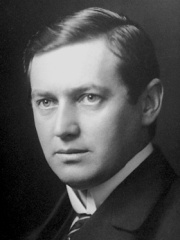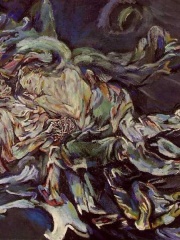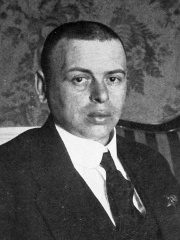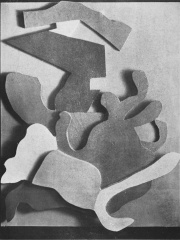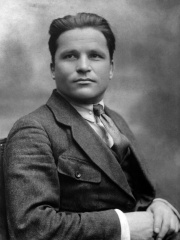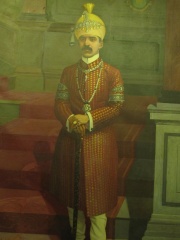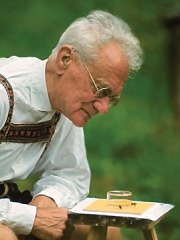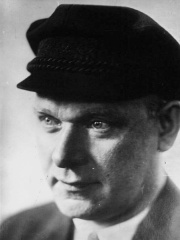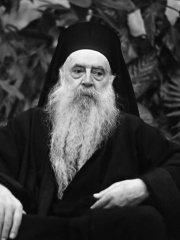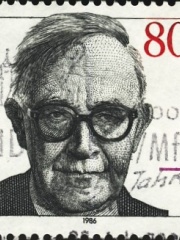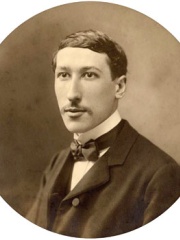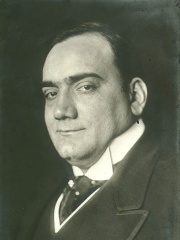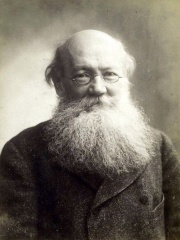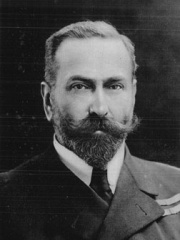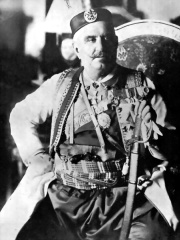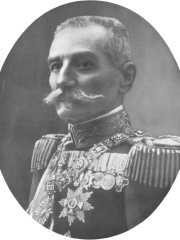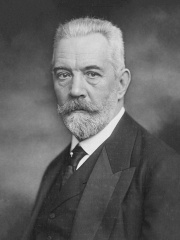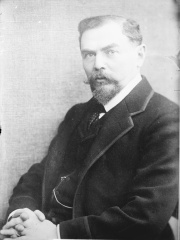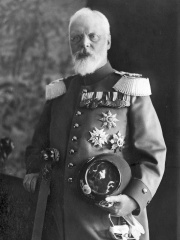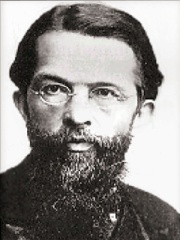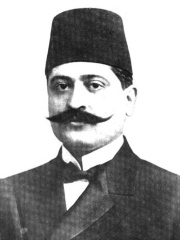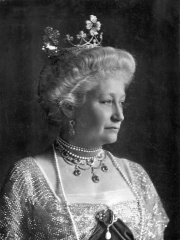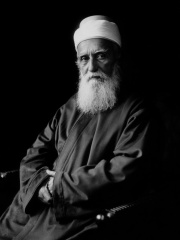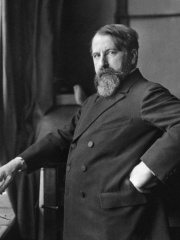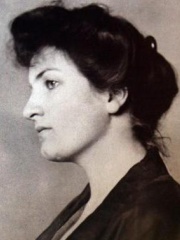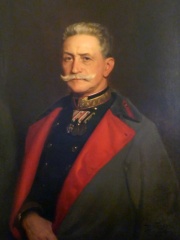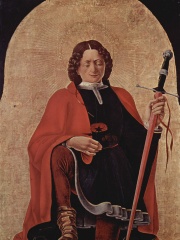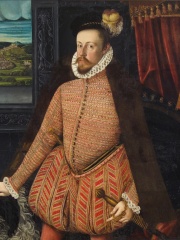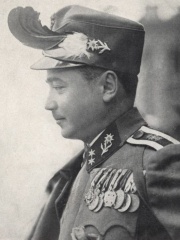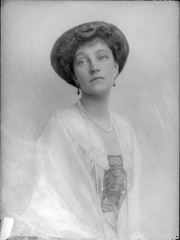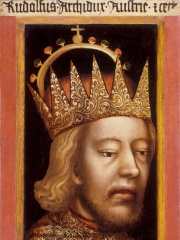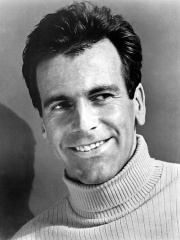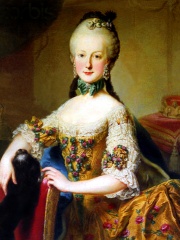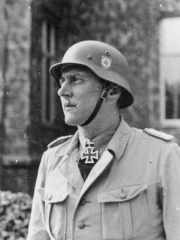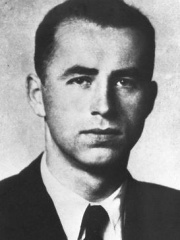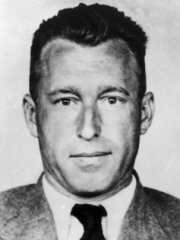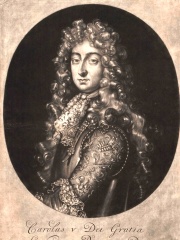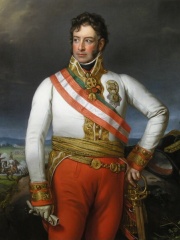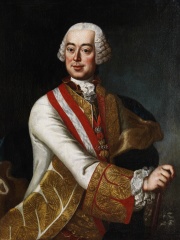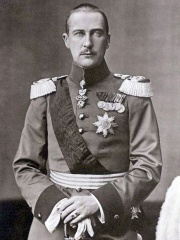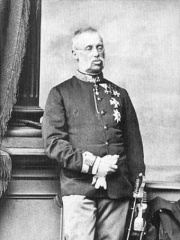MILITARY PERSONNEL
Roman von Ungern-Sternberg
1886 - 1921
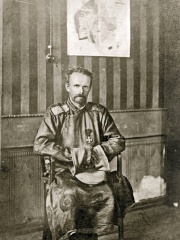
 Roman von Ungern-Sternberg
Roman von Ungern-Sternberg
Baron Nikolai Robert Maximilian Freiherr von Ungern-Sternberg (Russian: Роман Фёдорович фон Унгерн-Штернберг, romanized: Roman Fyodorovich fon Ungern-Shternberg; 10 January 1886 – 15 September 1921), often referred to as Roman von Ungern-Sternberg or Baron Ungern, was a Russian military leader in the Russian Civil War and then an independent warlord who intervened in Mongolia against China. Part of the Russian Empire's Baltic German minority, Ungern was an ultraconservative monarchist who aspired to restore the Russian monarchy after the 1917 Russian Revolution and to revive the Mongol Empire under the rule of the Bogd Khan. His attraction to Vajrayana Buddhism and his eccentric, often violent, treatment of enemies and his own men earned him the sobriquet "the Mad Baron" or "the Bloody Baron". In February 1921, at the head of the Asiatic Cavalry Division, Ungern expelled Chinese troops from Mongolia and restored the monarchic power of the Bogd Khan. Read more on Wikipedia
His biography is available in 44 different languages on Wikipedia (up from 39 in 2024). Roman von Ungern-Sternberg is the 135th most popular military personnel (up from 193rd in 2024), the 101st most popular biography from Austria (up from 119th in 2019) and the 3rd most popular Austrian Military Personnel.
Roman von Ungern-Sternberg was a Baltic German who served as the Governor-General of Russian Turkestan from 1911 to 1920. He was notorious for his brutality, which included massacring entire villages and torturing people.
Memorability Metrics
Page views of Roman von Ungern-Sternberg by language
Among MILITARY PERSONNELS
Among military personnels, Roman von Ungern-Sternberg ranks 135 out of 2,058. Before him are Semyon Timoshenko, Cimon, Louis-Nicolas Davout, Vasily Chuikov, Hermann Hoth, and Jean-de-Dieu Soult. After him are Axel von Fersen the Younger, Paul Ludwig Ewald von Kleist, Narses, Ludwig Beck, Abu Muslim, and August von Mackensen.
Most Popular Military Personnels in Wikipedia
Go to all RankingsSemyon Timoshenko
1895 - 1970
HPI: 74.16
Rank: 129
Cimon
510 BC - 450 BC
HPI: 74.15
Rank: 130
Louis-Nicolas Davout
1770 - 1823
HPI: 74.15
Rank: 131
Vasily Chuikov
1900 - 1982
HPI: 74.13
Rank: 132
Hermann Hoth
1885 - 1971
HPI: 74.13
Rank: 133
Jean-de-Dieu Soult
1769 - 1851
HPI: 74.12
Rank: 134
Roman von Ungern-Sternberg
1886 - 1921
HPI: 74.09
Rank: 135
Axel von Fersen the Younger
1755 - 1810
HPI: 74.09
Rank: 136
Paul Ludwig Ewald von Kleist
1881 - 1954
HPI: 74.06
Rank: 137
Narses
478 - 574
HPI: 74.06
Rank: 138
Ludwig Beck
1880 - 1944
HPI: 74.04
Rank: 139
Abu Muslim
718 - 755
HPI: 74.04
Rank: 140
August von Mackensen
1849 - 1945
HPI: 74.03
Rank: 141
Contemporaries
Among people born in 1886, Roman von Ungern-Sternberg ranks 13. Before him are Manne Siegbahn, Oskar Kokoschka, Béla Kun, Jean Arp, Sergey Kirov, and Mir Osman Ali Khan. After him are Karl von Frisch, Ernst Thälmann, Athenagoras I of Constantinople, Marc Bloch, Karl Barth, and René Guénon. Among people deceased in 1921, Roman von Ungern-Sternberg ranks 9. Before him are Enrico Caruso, Peter Kropotkin, Prince Louis of Battenberg, Nicholas I of Montenegro, Peter I of Serbia, and Theobald von Bethmann-Hollweg. After him are Alfred Hermann Fried, Ludwig III of Bavaria, Carl Menger, Talaat Pasha, Augusta Victoria of Schleswig-Holstein, and `Abdu'l-Bahá.
Others Born in 1886
Go to all RankingsManne Siegbahn
PHYSICIST
1886 - 1978
HPI: 77.16
Rank: 7
Oskar Kokoschka
PAINTER
1886 - 1980
HPI: 77.14
Rank: 8
Béla Kun
POLITICIAN
1886 - 1938
HPI: 75.24
Rank: 9
Jean Arp
ARTIST
1886 - 1966
HPI: 75.08
Rank: 10
Sergey Kirov
POLITICIAN
1886 - 1934
HPI: 74.37
Rank: 11
Mir Osman Ali Khan
POLITICIAN
1886 - 1967
HPI: 74.11
Rank: 12
Roman von Ungern-Sternberg
MILITARY PERSONNEL
1886 - 1921
HPI: 74.09
Rank: 13
Karl von Frisch
BIOLOGIST
1886 - 1982
HPI: 74.03
Rank: 14
Ernst Thälmann
POLITICIAN
1886 - 1944
HPI: 73.56
Rank: 15
Athenagoras I of Constantinople
RELIGIOUS FIGURE
1886 - 1972
HPI: 73.41
Rank: 16
Marc Bloch
HISTORIAN
1886 - 1944
HPI: 73.38
Rank: 17
Karl Barth
WRITER
1886 - 1968
HPI: 73.13
Rank: 18
René Guénon
WRITER
1886 - 1951
HPI: 73.00
Rank: 19
Others Deceased in 1921
Go to all RankingsEnrico Caruso
SINGER
1873 - 1921
HPI: 78.95
Rank: 3
Peter Kropotkin
SOCIAL ACTIVIST
1842 - 1921
HPI: 78.36
Rank: 4
Prince Louis of Battenberg
POLITICIAN
1854 - 1921
HPI: 77.45
Rank: 5
Nicholas I of Montenegro
POLITICIAN
1841 - 1921
HPI: 77.34
Rank: 6
Peter I of Serbia
POLITICIAN
1844 - 1921
HPI: 75.50
Rank: 7
Theobald von Bethmann-Hollweg
POLITICIAN
1856 - 1921
HPI: 74.94
Rank: 8
Roman von Ungern-Sternberg
MILITARY PERSONNEL
1886 - 1921
HPI: 74.09
Rank: 9
Alfred Hermann Fried
SOCIAL ACTIVIST
1864 - 1921
HPI: 74.05
Rank: 10
Ludwig III of Bavaria
POLITICIAN
1845 - 1921
HPI: 73.34
Rank: 11
Carl Menger
ECONOMIST
1840 - 1921
HPI: 72.92
Rank: 12
Talaat Pasha
POLITICIAN
1874 - 1921
HPI: 72.49
Rank: 13
Augusta Victoria of Schleswig-Holstein
POLITICIAN
1858 - 1921
HPI: 72.37
Rank: 14
`Abdu'l-Bahá
RELIGIOUS FIGURE
1844 - 1921
HPI: 71.89
Rank: 15
In Austria
Among people born in Austria, Roman von Ungern-Sternberg ranks 101 out of 1,424. Before him are Arthur Schnitzler (1862), Alma Mahler (1879), Franz Conrad von Hötzendorf (1852), Saint Florian (250), Charles II, Archduke of Austria (1540), and Engelbert Dollfuss (1892). After him are Alfred Hermann Fried (1864), Karl von Frisch (1886), Archduchess Elisabeth Marie of Austria (1883), Rudolf IV, Duke of Austria (1339), Maximilian Schell (1930), and Archduchess Maria Elisabeth of Austria (1743).
Others born in Austria
Go to all RankingsArthur Schnitzler
WRITER
1862 - 1931
HPI: 74.59
Rank: 95
Alma Mahler
COMPOSER
1879 - 1964
HPI: 74.46
Rank: 96
Franz Conrad von Hötzendorf
MILITARY PERSONNEL
1852 - 1925
HPI: 74.39
Rank: 97
Saint Florian
RELIGIOUS FIGURE
250 - 304
HPI: 74.28
Rank: 98
Charles II, Archduke of Austria
POLITICIAN
1540 - 1590
HPI: 74.23
Rank: 99
Engelbert Dollfuss
POLITICIAN
1892 - 1934
HPI: 74.22
Rank: 100
Roman von Ungern-Sternberg
MILITARY PERSONNEL
1886 - 1921
HPI: 74.09
Rank: 101
Alfred Hermann Fried
SOCIAL ACTIVIST
1864 - 1921
HPI: 74.05
Rank: 102
Karl von Frisch
BIOLOGIST
1886 - 1982
HPI: 74.03
Rank: 103
Archduchess Elisabeth Marie of Austria
POLITICIAN
1883 - 1963
HPI: 73.99
Rank: 104
Rudolf IV, Duke of Austria
POLITICIAN
1339 - 1365
HPI: 73.98
Rank: 105
Maximilian Schell
ACTOR
1930 - 2014
HPI: 73.78
Rank: 106
Archduchess Maria Elisabeth of Austria
POLITICIAN
1743 - 1808
HPI: 73.76
Rank: 107
Among MILITARY PERSONNELS In Austria
Among military personnels born in Austria, Roman von Ungern-Sternberg ranks 3. Before him are Otto Skorzeny (1908), and Franz Conrad von Hötzendorf (1852). After him are Józef Poniatowski (1763), Alois Brunner (1912), Franz Stangl (1908), Charles V, Duke of Lorraine (1643), Lothar Rendulic (1887), Karl Philipp, Prince of Schwarzenberg (1771), Leopold Joseph von Daun (1705), Albrecht, Duke of Württemberg (1865), and Archduke Albrecht, Duke of Teschen (1817).
Otto Skorzeny
1908 - 1975
HPI: 77.53
Rank: 1
Franz Conrad von Hötzendorf
1852 - 1925
HPI: 74.39
Rank: 2
Roman von Ungern-Sternberg
1886 - 1921
HPI: 74.09
Rank: 3
Józef Poniatowski
1763 - 1813
HPI: 72.70
Rank: 4
Alois Brunner
1912 - 2010
HPI: 72.64
Rank: 5
Franz Stangl
1908 - 1971
HPI: 71.40
Rank: 6
Charles V, Duke of Lorraine
1643 - 1690
HPI: 70.70
Rank: 7
Lothar Rendulic
1887 - 1971
HPI: 70.67
Rank: 8
Karl Philipp, Prince of Schwarzenberg
1771 - 1820
HPI: 69.54
Rank: 9
Leopold Joseph von Daun
1705 - 1766
HPI: 69.21
Rank: 10
Albrecht, Duke of Württemberg
1865 - 1939
HPI: 68.83
Rank: 11
Archduke Albrecht, Duke of Teschen
1817 - 1895
HPI: 68.83
Rank: 12
